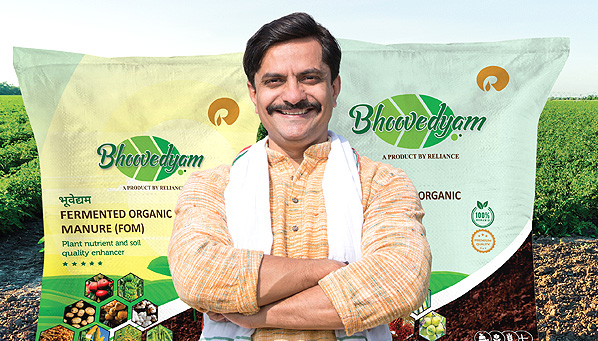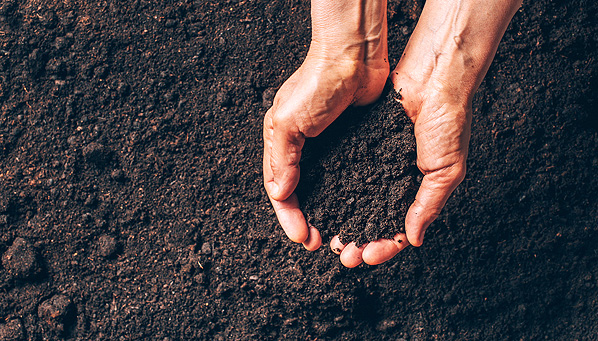Compressed Biogas (CBG)
Compressed Biogas (CBG) is a renewable and clean alternative to fossil fuels. It is produced from a variety of organic waste materials, including agricultural residue, cattle dung, sugarcane press mud, and organic fraction of municipal solid waste.
Through a process called anaerobic digestion, organic waste is transformed into biogas, a mixture of methane and carbon dioxide. By purifying the biogas and removing impurities like hydrogen sulphide, we create Compressed Biogas (CBG).
Our Compressed Biogas (CBG) exceeds industry standards, with methane content exceeding 96% (v/v). With properties and calorific value similar to Compressed Natural Gas (CNG), CBG can be seamlessly integrated into existing infrastructure.
As India boasts an abundance of biomass resources, CBG offers a promising solution to reduce our dependence on fossil fuels while addressing waste management challenges.
Our bioenergy initiative will help meet the growth in transportation fuel demand, foster sustainable rural development, and boost local employment across the country.
Densified Biomass: Pellets and briquettes
Pellets and briquettes are compressed forms of biomass made from agricultural residue. They are created to increase the energy density of the material, making them easier to transport, store, and burn.
Compared to traditional fossil fuels, pellets and briquettes offer numerous advantages, including being environmentally friendly, carbon neutral fuel cycle, economically viable, and versatile in use.





